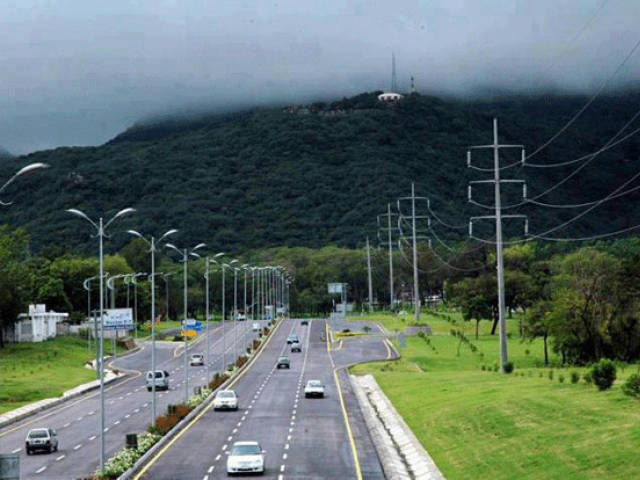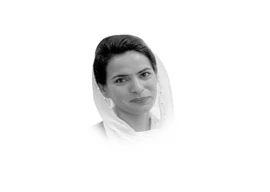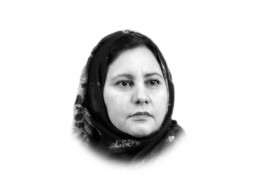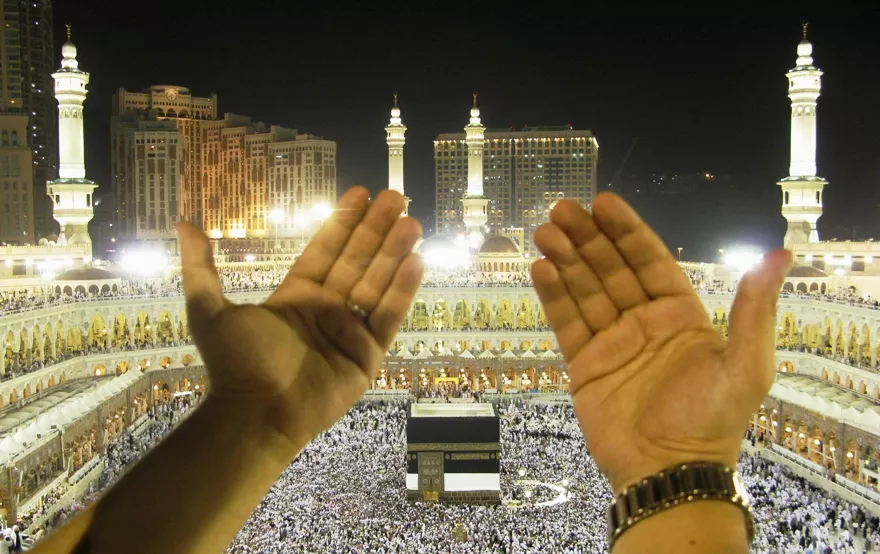
We are also fortunate that we have several academics, intellectuals, economists, politicians and bureaucrats of calibre. Their grasp of global, regional and national developments and understanding of the current challenges the country is facing is credible. One may not necessarily agree to some of their prescriptions on national issues but certainly, these are based on valid reasoning. These may not be perfect solutions to the complex problems but are showing the right direction. There could be alternate proposals to what is suggested by them, but generally, there is a reasoning and rationality behind what they are saying.
Looking at the national picture, we find several pluses. The intense patriotism, high level of combat readiness and dedication of our armed forces is superb. The sacrifices the army personnel and paramilitary forces are making to defend the country remain unmatched.
Indeed, there are several talented and energetic people who have the urge to excel in varied fields. Whenever a proper working environment has been created, our people have never disappointed the nation, whether it is the entrepreneurial businessmen, information technology wiz kids, nuclear scientists, engineers, doctors or lawyers. All this would have normally kindled hope for a bright future for the country. But regrettably, the situation is just the opposite. The challenges Pakistan faced ever since its creation have been severe and continue unabated generally, with greater intensity. What has been most damaging is that it has failed to fully gel into a nation-state. As individuals and even small groups, we may be fine and as good as any but are unable to work successfully when it comes to major group activity. This tendency is reflected in the lack of collaboration among provinces and between institutions or even within institutions. This national failing and the inability to develop a national and regional identity is dragging the country down and has to be addressed seriously before it gets worse.
Governing Pakistan is a herculean task. Maulana Fazlur Rehman’s threatening “million march” towards Islamabad and two major political parties joining the movement is indicative of a gathering political storm. The threat of FATF hanging like the sword of Damocles on the government, not knowing whether it will land us in the blacklist after four months, continue in the current mode or upgrade the status as normal.
It should be the endeavour of every elected government to work towards addressing the power asymmetry between elected and non-elected institutions. This correction would be greatly facilitated if civilian governments win the confidence of their people on the basis of performance and clean government dealings.
The unfortunate aspect is that at a time when we need unity of purpose and cooperation between political parties and harmonious relations between and within institutions, the situation is just the reverse. Opposition parties are generally united to bring the government down by using essentially street power. The business community and several other groups are also on a warpath against the government. All this is happening when our distressed economy is being sustained through IMF funding and loans from friendly countries.
Adding to Pakistan’s woes, relations with India are highly inimical and future prospects look even bleaker. Having brazenly abrogated Article 370 and 35(A) of the Constitution and merged Kashmir in the Indian Union, Modi’s government has created the worst crisis in South Asia that could have far-reaching adverse consequences. All this results in a greater focus on security. Fighting India’s hegemonic designs and its occupation of Kashmir would require strengthening Pakistan’s political clout and keeping the military in a state of readiness. History of other countries and our own experience validates the assumption that countries, where democratic institutions and culture were strong, fared better in wars and conflicts. It seems odd that Imran Khan visited the UN and several countries to solicit support for the Kashmiris but hardly consulted the opposition on it.
The feudal and dynastic character of politics also has to be replaced by a more merit-based political structure. Strong feudal influence in our society has promoted a culture of client politics that remains out of sync with the modern world. It is for the young leadership of PML-N and PPP to bring this change.
Our history of leveraging the strategic position and surviving on foreign assistance and loans has been highly detrimental for the country’s image and standing. It has prevented it from having a self-sustaining economy and a foreign policy free of encumbrances.
In Pakistan, the military has played a major role in nation building. This is not as unusual as the military in several countries has contributed to nation-building activities. The problem arises when they seek political power and distort the constitution.
Being a Muslim-majority country, it is important that the state fully protects the rights of the minorities. Our record so far remains blemished.
Relations with India remain highly inimical and future prospects look even bleaker. Modi is under no pressure from major powers to change his policy on Kashmir. It is ironic that Hong Kong has attracted far greater world attention than Kashmir. But this is how the global media operates.
Pakistan’s geographic location is both its asset and liability. So far it has proved to be more of a liability. It is now essential to leverage it for promoting trade and commerce and tourism.
It is worrisome that political instability and economic pressures continue to hold the country to ransom. What is required is a change in mindset and policies.
Published in The Express Tribune, October 23rd, 2019.
Like Opinion & Editorial on Facebook, follow @ETOpEd on Twitter to receive all updates on all our daily pieces.














COMMENTS
Comments are moderated and generally will be posted if they are on-topic and not abusive.
For more information, please see our Comments FAQ